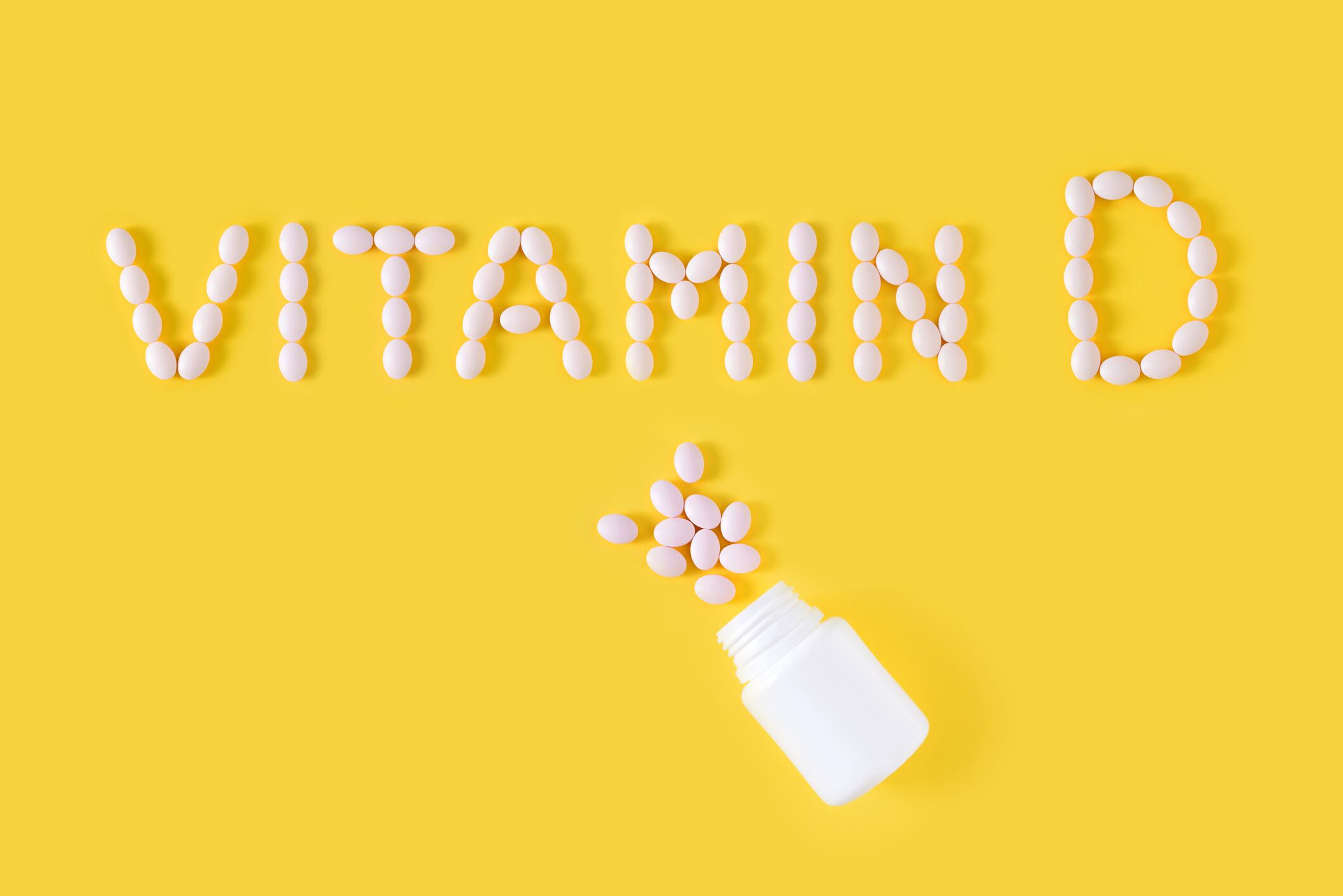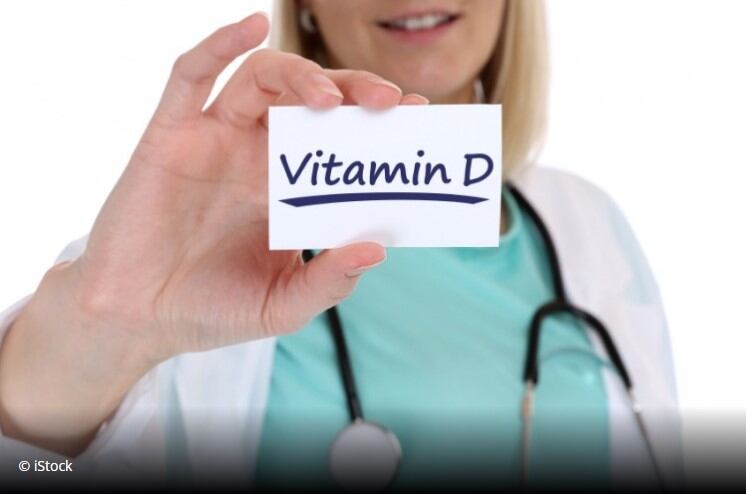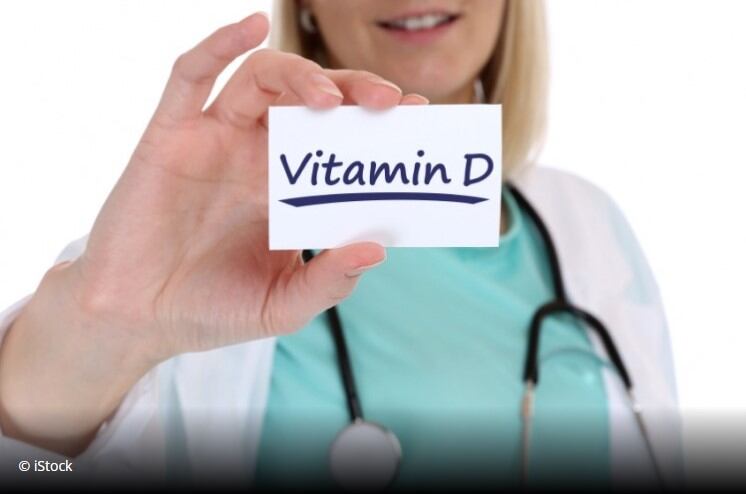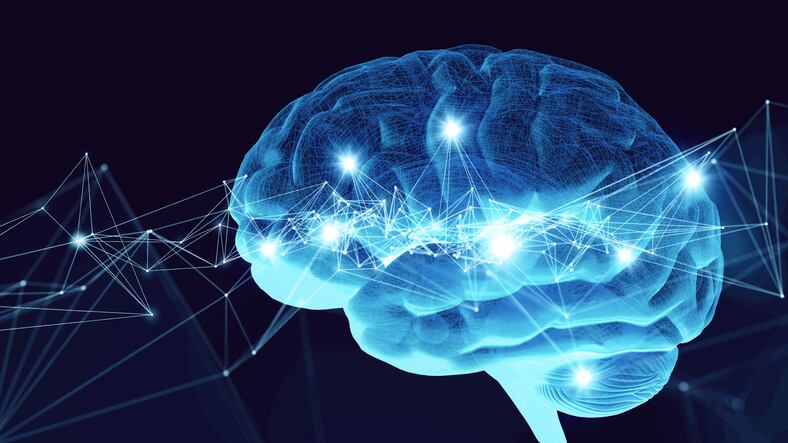While vitamin D3 initiates a positive immune response in white Europeans (WE) it appears to have the opposite effect on patients from South Asia (SA) and fails to protect patients against viral infections, according to the authors of a new study.
In addition, vitamin D3 affected the ability of SA patients to stabilise blood calcium when levels were low and intake of vitamin D3 in parallel with D2 completely offset any health benefits.
Further investigation into the respective physiological roles of vitamin D2 and vitamin D3 is therefore warranted, they say.
“Some pathways appear to be regulated specifically by vitamin D3, or in some cases, in opposing directions by vitamin D3 and D2, future studies should investigate whether vitamin D2 supplementation might counteract some of the benefits of vitamin D3 on human health.”
Research context
Vitamin D is necessary to maintain bone health and calcium homeostasis; it also performs a broad range of extra-skeletal effects on cellular physiology and the immune system.
Multiple studies have linked low vitamin D to an increased risk of osteoporotic and stress fractures, cardiovascular diseases and some cancer, poor modulation of the immune system, higher mortality, and inflammatory disease.
The benefits of vitamin D3 are well documented but the influence of vitamin D2 on gene expression has not been evaluate. It has been suggested that the two compounds have equal efficacy but while the two variants are structurally similar their functional equivalence is not well defined.
The current study seeks to redress the knowledge gap through examination of human blood composition following vitamin intake using microarrays.
“An integrated comparison of the results defines both the effect of vitamin D3 or D2 on gene expression, and any influence of ethnic background,” the authors explain.
Protocol
The study involved 335 women from South Asian (SA) and white European (WE) descent and based in the UK, who were randomised to one of three intervention groups for 12-weeks over the winter months. Subjects were given daily doses of either vitamin D2 or D3 in the form of fortified foods (both orange juice and biscuits).
Participants were selected at random from both ethnic groups to form a balanced placebo group and received 15 mg/d vitamin D2 or 15 mg/d vitamin D3.
Blood composition was analysed at baseline and 12 weeks after treatment commenced to determine the extent of physiological changes of vitamin intake.
Extensive changes in gene expression in all three treatment groups were observed, some of which were unique to the vitamin D2-treated or D3-treated groups, with the majority exhibiting reductions in gene activity over the 12-week intervention period.
Gene expression changes in the placebo group are likely to be attributable, at least in part, to seasonal drops in vitamin D status.
Context of results
The scientists note that vitamin D3 alone appeared to stimulate immune responses, which could be relevant to its use as a prophylactic treatment.
“Gene expression critical to the innate response to bacterial and viral infections, differed following supplementation with either vitamin D2 or vitamin D3, with only vitamin D3 having a stimulatory effect.”
They speculate that ethnic differences could be attributable to the different sample size of the two groups in the study or the result of genuine differences in physiological responses.
“Alternatively, they may reflect the starting physiological status of the SA participant group, who had considerably lower baseline vitamin D concentrations than the WE group.”
Data presented in this study might provide a useful context for further studies aimed at understanding the role of vitamin D in influencing the immune response to SARS-CoV-2 infection, particularly in relation to severe Covid-19, they add.
Source: Frontiers of immunology
Published online: http://doi:10.3389/fimmu.2022.790444
‘Vitamins D2 and D3 Have Overlapping But Different Effects on the Human Immune System Revealed Through Analysis of the Blood Transcriptome'
Louise R. Durrant et al




